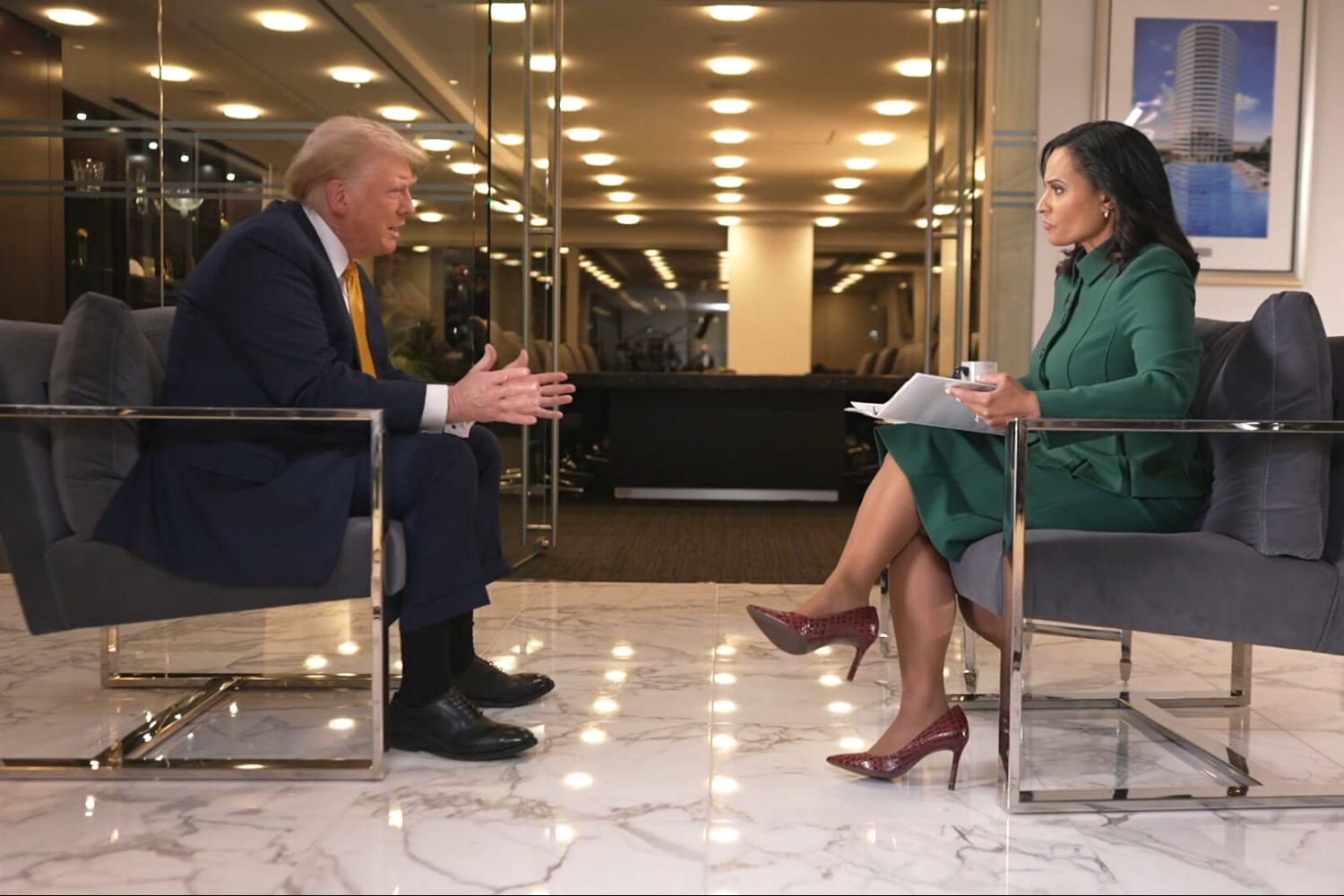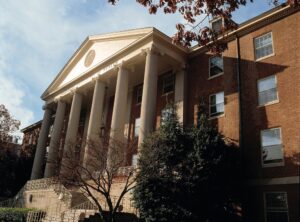By David Robinson | Dec 08, 2024 Updated 03:48 p.m. ET
In a recent interview with NBC News, former U.S. President and Republican presidential candidate Donald Trump stated that he has no immediate plans to dismiss Federal Reserve Chair Jerome Powell if he returns to the White House. The announcement comes as Trump continues to criticize the Federal Reserve’s policies, while Powell’s tenure as chair is set to last until May 2026.
Trump’s Stance on Powell
Trump’s relationship with Powell has been fraught with tension since his first presidency, during which he frequently lambasted the Fed for its rate hikes, calling Powell a “bonehead” on social media. Trump also expressed frustration over the Fed’s reluctance to lower interest rates, which he argued slowed economic growth. Despite these disagreements, Trump now says he would allow Powell to complete his term if elected.
During the interview, Trump remarked:
“I don’t plan to remove him, but I do expect the Federal Reserve to prioritize economic growth and stability, which is something I believe has been lacking under Powell’s leadership at times.”
Powell’s Recent Decisions
Chair Jerome Powell has focused on combating inflation, raising interest rates aggressively in 2022 and 2023 to bring inflation under control. While these actions have stabilized inflation, they have drawn criticism from some political leaders and market analysts, including Trump, who contends that the rate hikes have slowed economic recovery.
Earlier this year, Powell announced a cautious approach to rate cuts, indicating the Fed’s commitment to ensuring inflation does not resurge. However, critics like Trump have argued that further monetary easing could bolster the economy, particularly in politically sensitive periods
The Federal Reserve’s Independence
The Federal Reserve is designed to operate independently of political influence, a principle Powell has consistently defended. In response to Trump’s earlier remarks about potentially firing him, Powell stated he would not resign if asked, emphasizing the importance of maintaining the Fed’s autonomy.
Powell recently noted:
“Our mandate is to ensure economic stability, and that responsibility supersedes any political considerations.”
Broader Implications
Trump’s comments come as economic issues take center stage in the 2024 presidential race. With inflation stabilizing and unemployment at historically low levels, Trump has focused his campaign messaging on achieving more robust economic growth. His relationship with the Federal Reserve could shape voter perceptions of his ability to manage the economy effectively if re-elected.
While Trump’s latest remarks suggest a more measured approach toward Powell, his previous conflicts with the Federal Reserve chair remain a significant backdrop. As the presidential race heats up, the direction of U.S. monetary policy and Trump’s handling of the Fed will likely remain topics of intense scrutiny.
This development highlights the ongoing tension between the executive branch and the Federal Reserve, raising questions about the intersection of politics and monetary policy.







Be First to Comment